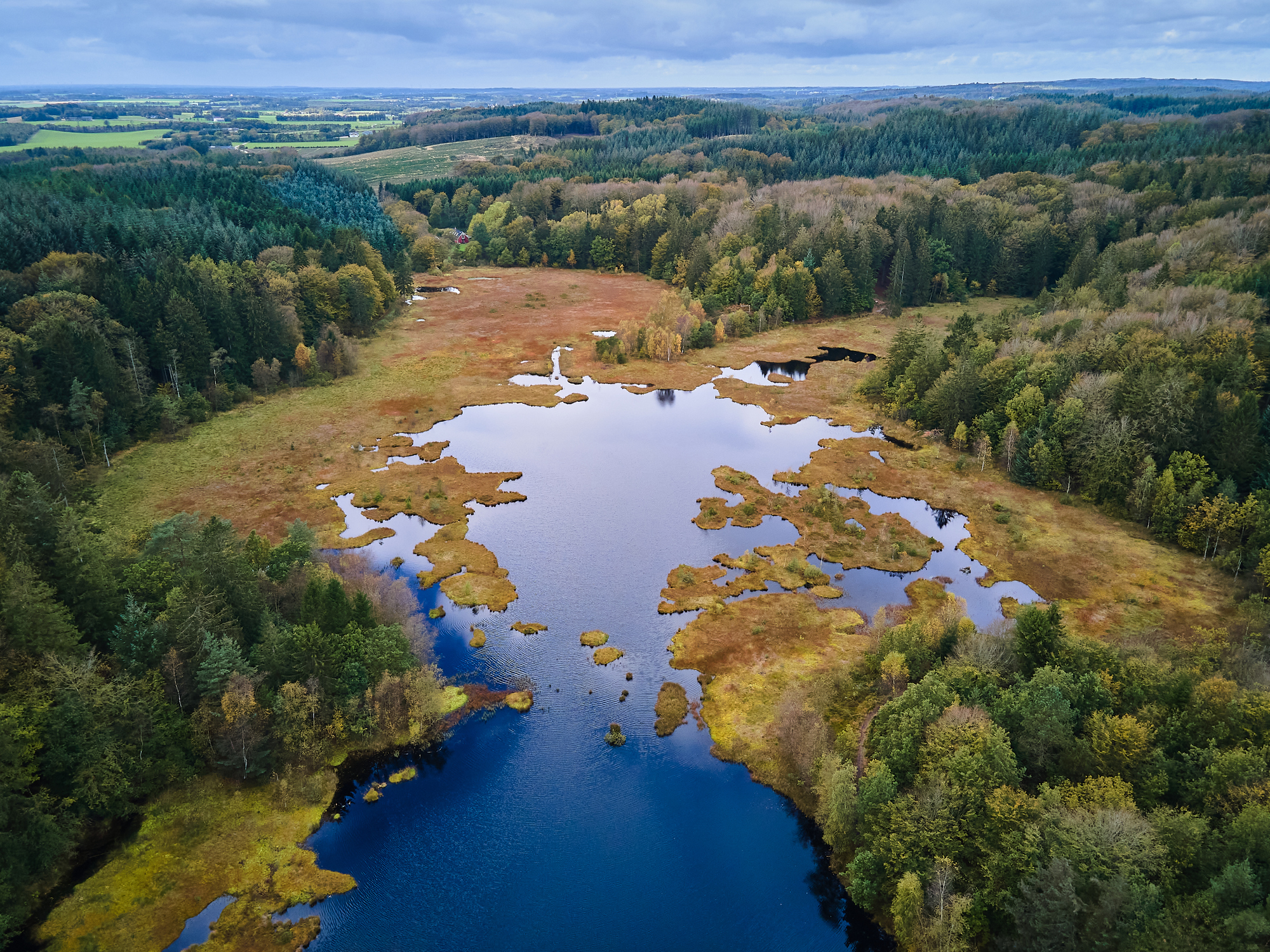
Last round for the Nature Restoration Law
-
Advocacy
Wetlands need a Nature Restoration Law now, more than ever
On 27 February, the European Parliament will vote on the Nature Restoration Law, and this vote will be decisive for this proposed regulation. If positive, it will send a clear signal to Member States sitting in the Council, that the file can be, once and for all, adopted this year.
The proposal has previously faced opposition from certain conservative fringes, but these were addressed in the compromises reached during the negotiations between the European Parliament and the Council. Citizens, businesses, NGOs have expressed massive support to the proposal.
The Nature Restoration Law proposal sets binding targets for Member States to collectively restore at least 20% of ecosystems in the EU by 2030. It also includes restoration objectives for specific ecosystems (such as rivers, coastal areas, agricultural peatlands, etc), and in this regard is good news for wetlands. The legislation is expected to stimulate allocation of funding towards restoration, and large-scale national and local efforts to restore ecosystems. This legislation will enable EU Member States to deliver on their commitments to restore degraded ecosystems by 2030 as they have promised under the Kunming-Montreal protocol adopted under the Convention on Biodiversity, but it also enables them to address climate change and disaster risk reduction.It is also a key pillar of the EU Green Deal and of the EU Biodiversity Strategy which aimed at overcoming the approach protecting EU ecosystems, by also reviving those in need for restoration.
Nature, including wetlands, are in a dire state across Europe. The intense wetland use and drainage, the degradation of soils, their consequent large CO2 emissions once drained, the disappearing wetland biodiversity are alarming realities. The Nature Restoration Law is a once in a lifetime opportunity to act for nature, and adopt a law to protects it across the European Union.
The proposed Nature Restoration Law represents a great and long-overdue opportunity to restore the EU’s degraded ecosystems, including wetlands, and thus improve the conditions for agricultural production and the quality of life of European citizens. Restored wetlands benefit the livelihoods of hundreds of millions of Europeans thanks to the ecosystem services such as regulation of water flows, climate and providing fishing, hunting and other recreational opportunities.
Across Europe, restoration projects are taking place to restore wetlands such as the ALFA Wetlands, WaterLANDS, Wet Horizons, Rewet, and contributing to generate data to feed into the Nature Restoration Law.
